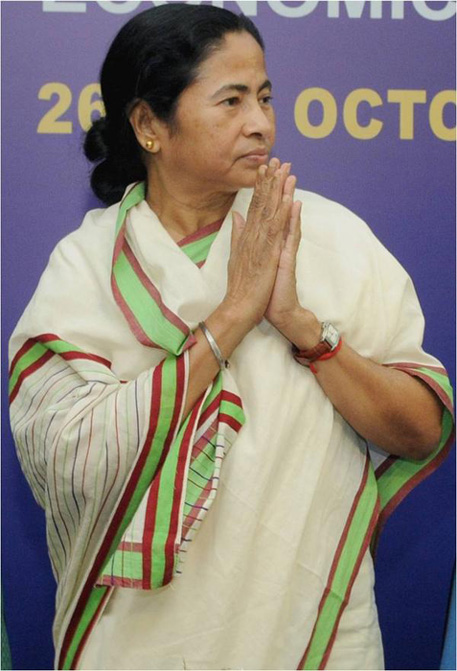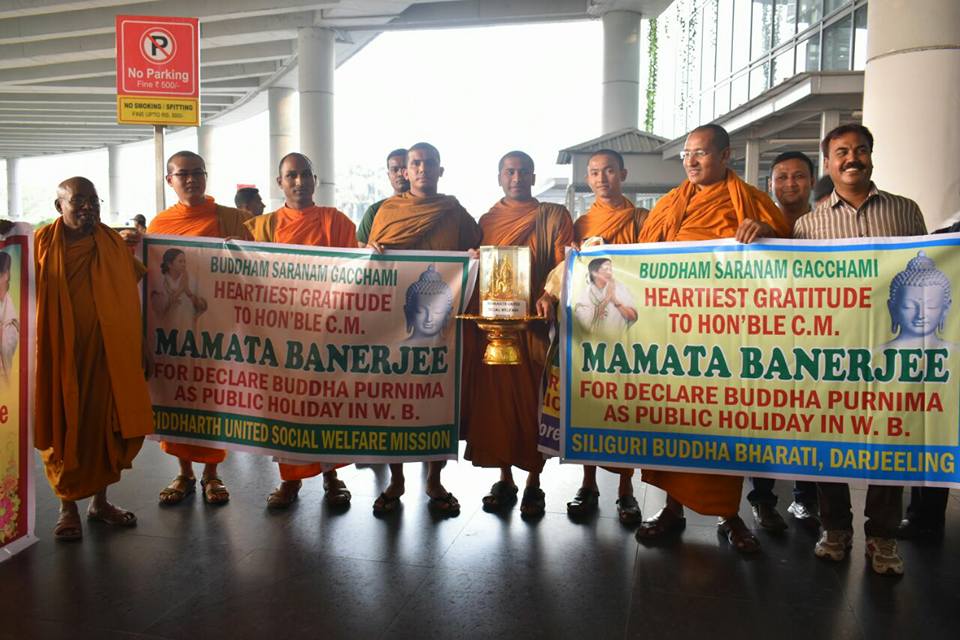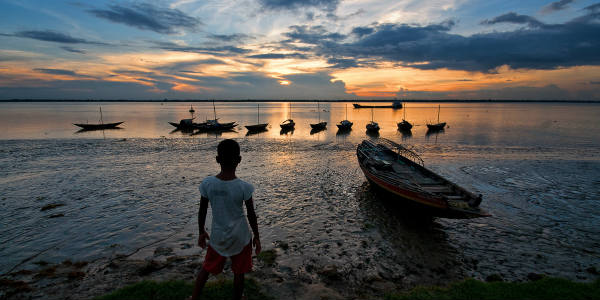BD Dipananda
On 15 February, Mamata Banerjee, the Chief Minister of West Bengal, India, declared “Buddha Purnima” as a state holiday this year onward. The Buddha Purnima usually falls on the full moon in the month of either in April or May in the Gregorian calibration which marks the important events of the Buddha’s life: his birth, enlightenment and great demise (mahaparinibbana). This year the day falls on 10 May.
The Buddha Purnima is one of the biggest religious festivals of the Buddhist community in the world. Although India has been celebrating this important day for centuries, except the gazetted holiday in all Indian Central Government departments, the celebration did not turn into an official occasion in West Bengal until Chief Minister Mamata Banerjee announced Buddha Purnima as the state holiday.

“Until now, Buddha Purnima was being treated as a sectional holiday (holiday only for the Buddhists). But there is a sentiment in Darjeeling Hills where Buddha Purnima is a major event. Hence, we have decided that it would now be treated as a state holiday,” the Chief Minister announced at the end of an administrative meeting in new district of Kalimpong. (Newsmen.in)
Prior to this, I have personal experience while I was living in Kolkata, the capital of West Bengal, on how the Buddhist community was demanding the Buddha Purnima as state holiday. On the day, a large number of monks and lay followers gathered at the central of Kolkata and marched a peaceful procession that demanded it be announced as a state holiday.
Buddhists are the minority community in present Bengal, considering the total population. Since I belong to the Bengal region, I have encountered a vast and diverse socio-culture which are thought to be the legacy of both Bangladesh and West Bengal.
The State Government has allowed Buddhists to observe the Buddha Prunima but the Buddhist community wishes it to take on national significance, as this is not about holiday pleasure or enjoyment but to highlight the universal need for spiritual nourishment.
The day focuses attention on Buddha’s birth, enlightenment and departure and Buddhists wish to share their awareness with all in the community and build religious plurality in the nation.

There are many Buddhist temples in and near Kolkata of both Sri Lankan and Burmese origins. On this important day, after sunrise the Buddhist flag is hoisted and ceremonies are held to chant the discourse of the Tipitaka, preach sermons on Buddha’s life, recite the scriptures and practice group meditation.
Buddhists celebrate the day with their family, friends and relatives, and exchange greetings and solidarity. In the morning, devotees go to the temple to offer puja, flowers, incense, candles, and worship the Buddha. They reaffirm the Five Precepts and many of them further accept the Eight Precepts from monks. Special prayers are also given for the country’s peace.
Buddhists also take part in charity. They help the sick and elderly people by paying for medical expenditures, and distribute fruit and clothes to disadvantaged people. In central part of Kolkata, many Buddhist organizations jointly organize colorful processions along the roads. They also host various seminars and discussions.
The significance of the state holiday, in conclusion, is not assessed only from the value of religious diversity, but that on this one day all Buddhists, Christians, Hindus and Muslims can share a sense of brotherhood and humanity. We hope, through this kind of religious platform, we can create and foster political harmony and genuine stability in the nation of West Bengal.


Whether 10thMay,Buddha Purnima,is a holiday under N I Act?